Portfolio Career: Is management ready for the “liquid workforce”?
More and more workers choose a portfolio career:
do managers know how to lead them?
This article originally appeared in the April 2017 issue of London Business Matters by Susan HayesCulleton , the London Chamber of Commerce Magazine.
Businesses are rarely sustainable in a monopsony situation where they have only one client: more and more employees don’t want to be, either. They see that jobs are increasingly automated, in full or in part.
The remaining jobs are knowledge work requiring mental acuity, which waxes and wanes throughout the day, or depending on stress and other psychological factors – like happiness. A happy employee is a more productive, more creative employee, but increasingly, it seems that a happy employee isn’t an employee at all .
Is management ready to adapt its style to this “liquid workforce”?
Thinkers and luminaries have been heralding the end of the job since the 1980s. This trend has accelerated recently with the “Uberisation” of the work force. More and more people become “Uber entrepreneurs” and rely on the sharing economy for primary or supplemental income, using their assets (a spare room on AirBnB, skills on Skillshare) in order to complement their salary, or to replace it completely.
When a happy employee isn’t an employee at all, is management ready to adapt? @SusanHayes_
Click To Tweet
Embracing the portfolio career out of choice
The media has been quick to point out the negatives, with attention-grabbing headlines about worker exploitation. However, it turns out that, for the most part, these independent workers love the flexibility and the ability to choose what projects they work on. Even employees in seemingly stable jobs are seriously thinking about quitting and striking out on their own.
A recent McKinsey report, Independent work: choice, necessity and the gig economy , puts the number of independent workers at 20 to 30 percent of the working-age population in the United States and the EU-15, or up to 162 million individuals. And it turns out that 70% are independent by choice, not necessity – and they are happier for it .
A portfolio career of several income streams
In other words, workers are embracing a portfolio career of several income streams combining full- or part-time work and independent work. Parents appreciate that flexible and remote work allows them to make their own schedule and manage caregiving commitments to children and aging relatives. For millennials, the portfolio career is the only career path they know as they tend to value experiences over possessions, access over ownership. Workers increasingly want to be able to choose interesting, stimulating projects and do their best work, instead of just “punching the clock”.
Workers want more than just to “punch the clock” @SusanHayes_
Click To Tweet
The portfolio career is not a temporary fad
This is not just a passing trend: it’s a groundswell, and it’s here to stay. This evolution is the convergence of three factors: technology that now makes it easy and efficient to pair up workers and customers, or under-utilised assets and those who could use them.
Second, businesses have been cutting costs for years and applying “just-in-time” principles not just to stocks but to their workforce as well. After all, why hire a web designer full time, when you only need a full website redesign once in a while, with only light to moderate maintenance in between? It makes more sense to outsource it and focus on outputs, rather than simply time spent at work.
And finally, workers and employees are finding this new fluidity very much to their taste.
Portfolio career not a passing fad: people leaving stable employment out of choice. @SusanHayes_
Click To Tweet
Portfolio career workers require a new management approach
The question is, what are managers doing to reflect this change in their practices? You don’t manage a casual worker who might be there just for this one project in the same way that you manage somebody who has been with you for three years and is on a full-time, permanent contract.
I see this disconnect every day in business: whenever I bring up the topic of training management to bring out the best in a liquid workforce , my suggestion is often met with perplexity. This is corroborated by the findings of Peter Johnston, founder and CEO of Lystable, a platform that allows businesses to manage their freelance workforce. Lystable noticed that only 1% of their users are in HR. This could mean that HR personnel are kept out of managing a sizeable and growing part of the workforce . But when a significant proportion or even most of the people who work for a company are on a short-term, freelance contract, what will HR do?
Bringing out the best in your liquid workforce: do you know how to do it? @SusanHayes_
Click To Tweet
Portfolio career experts: hiring an elite squad of specialists
I recently interviewed Jo-Ann Feely of Alexander Mann Solutions , who confirmed that management practices are slow to catch up to these new working relationships . Independent workers aren’t gapfillers anymore : they’re the consummate professionals you deploy when you need niche expertise .
Managers in the future will need to source, cultivate and retain them, so that they can put together the best possible team at short notice whenever an important project comes up, requiring a lot of diverse, deep and narrow skills that the company does not need to hire on a permanent basis. More and more, in the words of Agile methodology, the task of a manager will be to hire “squads” of elite specialists .
Freelancers are the consummate specialists of your elite squad. @SusanHayes_
Click To Tweet
Feedback is what portfolio careerists want
The expertise of these specialists comes at a price, and that price very seldom is money alone : they want flexibility, but they also want to make sure they are doing excellent work , as well as the ability to network with other professionals and hear about interesting opportunities. The independent workers of the future, careful to monitor their online reputation through reviews left by clients , will demand regular, precise feedback , whether praise or constructive criticism.
This, as well as information about opportunities, will be the new currency. Are managers ready to become curators of that content?







